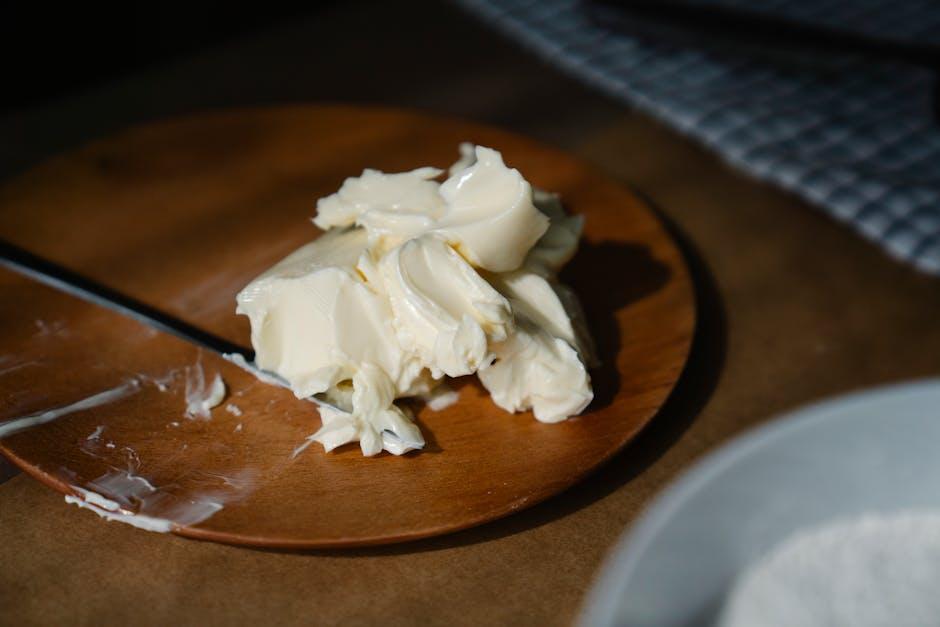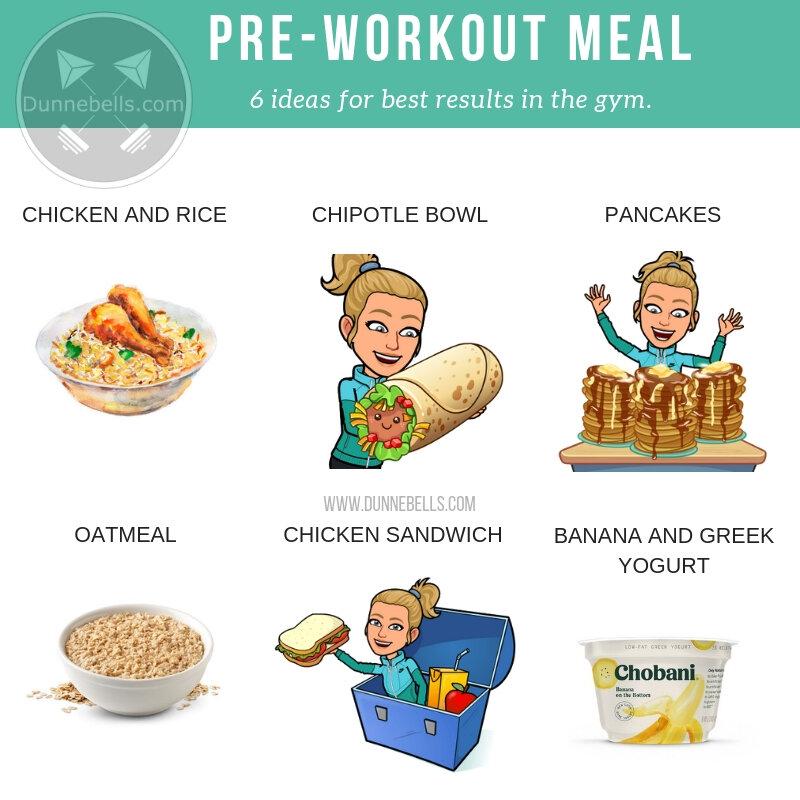In the world of fitness and nutrition, the pre-workout meal is often regarded as the cornerstone of an effective exercise regimen. It’s the fuel that powers athletes and fitness enthusiasts through grueling routines, promising enhanced performance and endurance. But amidst the array of macronutrients, one often finds itself under scrutiny: fat. While carbohydrates and proteins are celebrated for their roles in energy provision and muscle repair, fat frequently finds itself in the shadows, whispered about in hushed tones as either a silent saboteur or an underrated ally. This article delves into the complex relationship between fat and pre-workout nutrition, exploring whether this macronutrient should be embraced or eschewed as part of the ideal pre-exercise meal. By examining the science and unraveling the myths, we aim to shed light on whether fat deserves a place on your pre-workout plate or if it should be left behind in pursuit of peak performance.
The Role of Fat in Energy Production and Athletic Performance
Understanding the significance of fat in the body’s energy dynamics is crucial for optimizing athletic performance. While carbohydrates often take the spotlight for pre-workout meals due to their rapid energy release, fats play an equally important role. They are a dense source of energy, providing a sustained fuel reserve, especially during prolonged, low to moderate-intensity activities. The body taps into fat stores after glycogen reserves deplete, ensuring athletes can maintain their performance over extended periods. Thus, rather than being entirely excluded, incorporating a balanced amount of healthy fats can be beneficial.
Benefits of Including Fat in Pre-Workout Meals:
- Long-Lasting Energy: Fats provide a steady energy supply, which can be particularly advantageous for endurance athletes.
- Enhanced Recovery: Consuming fats along with proteins post-exercise aids in muscle repair and growth.
- Metabolic Efficiency: Training the body to efficiently use fat as a fuel source can improve overall metabolic flexibility.
Balancing fat intake with carbohydrates and proteins is key, ensuring that it supports rather than hinders performance. Moderation and timing are crucial, as too much fat too close to a workout might lead to digestive discomfort.

Balancing Macronutrients: Crafting the Ideal Pre-Workout Meal
When planning your pre-workout meal, it’s essential to consider the role of macronutrients, especially fats. While traditionally viewed as something to limit before exercise due to their slower digestion rate, fats can still play a pivotal role in your nutritional strategy. Rather than completely avoiding them, it’s about finding the right balance. Incorporating a small amount of healthy fats, such as those found in avocados, nuts, or olive oil, can provide sustained energy and enhance nutrient absorption without weighing you down.
- Energy Source: Healthy fats can serve as a secondary energy source, helping to keep you fueled during longer or less intense workouts.
- Nutrient Absorption: Certain vitamins and minerals are fat-soluble, meaning they require fat for proper absorption. Including a small amount of fat can enhance the overall nutrient profile of your meal.
- Satiety: Fats contribute to a feeling of fullness, which can prevent overeating and keep hunger at bay during your workout.
Ultimately, while fats should not dominate your pre-workout plate, a modest amount can complement carbohydrates and proteins, creating a well-rounded meal that supports both performance and recovery.

Understanding the Impact of Dietary Fat on Digestion and Exercise
Dietary fat has long been misunderstood, often labeled as the villain in the narrative of fitness and nutrition. Yet, it plays a crucial role in the body’s energy management and overall health. When considering pre-workout meals, it’s essential to recognize that not all fats are created equal. The impact of dietary fat on digestion and exercise can vary, and understanding this can lead to more informed meal choices.
- Energy Sustenance: Healthy fats, such as those found in avocados, nuts, and olive oil, provide a steady source of energy. Unlike carbohydrates, which offer a quick energy spike, fats release energy slowly, potentially supporting longer workout sessions.
- Digestive Considerations: It’s crucial to be mindful of the amount and type of fat consumed before exercising. High-fat meals can slow digestion, leading to discomfort during physical activity. Opt for lighter, easily digestible fats if consumed closer to workout time.
- Hormonal Balance: Fats are essential for hormone production, including those that regulate metabolism and muscle growth. A complete avoidance could potentially impact these processes negatively.
Incorporating a moderate amount of healthy fats into your pre-workout meal can enhance performance and energy levels, provided they are balanced with proteins and carbohydrates. Embrace a nuanced approach rather than complete avoidance, and let your body’s response guide your dietary choices.

Expert Tips on Integrating Healthy Fats into Your Pre-Workout Routine
Integrating healthy fats into your pre-workout meals can enhance your exercise performance and overall energy levels. Instead of avoiding fats altogether, consider opting for sources that offer a balance of nutrients and are easy to digest. Here are some expert tips to guide you:
- Choose Healthy Fat Sources: Avocados, nuts, seeds, and olive oil are excellent choices. These fats are not only nutrient-dense but also provide sustained energy, helping you power through your workout.
- Mind the Timing: Consuming fats too close to your workout can slow digestion. Aim to have your pre-workout meal, including fats, about 1-3 hours before hitting the gym to allow your body time to process the nutrients.
- Balance with Carbs and Protein: Pair healthy fats with complex carbohydrates and lean proteins. This combination will ensure a steady release of energy and support muscle recovery.
Incorporating these strategies into your routine can help optimize your energy levels without compromising digestion or performance. Remember, the key is moderation and balance, ensuring that fats complement rather than dominate your pre-workout nutrition.
